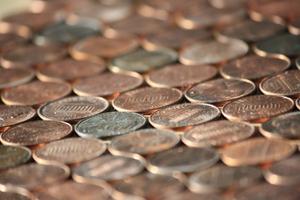When discussing investments and personal finance you often hear the term “CDs," but many people don’t know what it means. The FDIC’s website created a detailed list of tips for savers that discusses types of certificates of deposit, and ensures that you understand how they work.
How Certificates of Deposit Work
When you purchase a CD, you agree to deposit a certain amount of money over a specified period of time, and in return your bank pays you interest at regular intervals. After the CD matures, you are able to collect the money you originally invested, plus the interest paid by the bank.
Risks of Certificates of Deposit
Should you need the money in your CD before it’s had time to fully mature, you will have to pay a withdrawal penalty to the bank or forfeit a portion of the interest before redeeming it.
Types of Certificates of Deposit
Today, there are a variety of types of CDs for purchase. The fixed-rate CD is the most common, but there are also other types with less traditional features. Some types offer no penalty for early withdrawals, while others offer variable interest rates.
Where to Buy Certificates of Deposit
The most common way to purchase a CD is through an FDIC-insured bank, but they can also be purchased by using an agent or through a brokerage firm.
If you’re interested in a Certificate of Deposit, check with your bank to discover your options.
Certificates of Deposit: Tips for Savers [FDIC]

 Equal Housing Opportunity
Equal Housing Opportunity